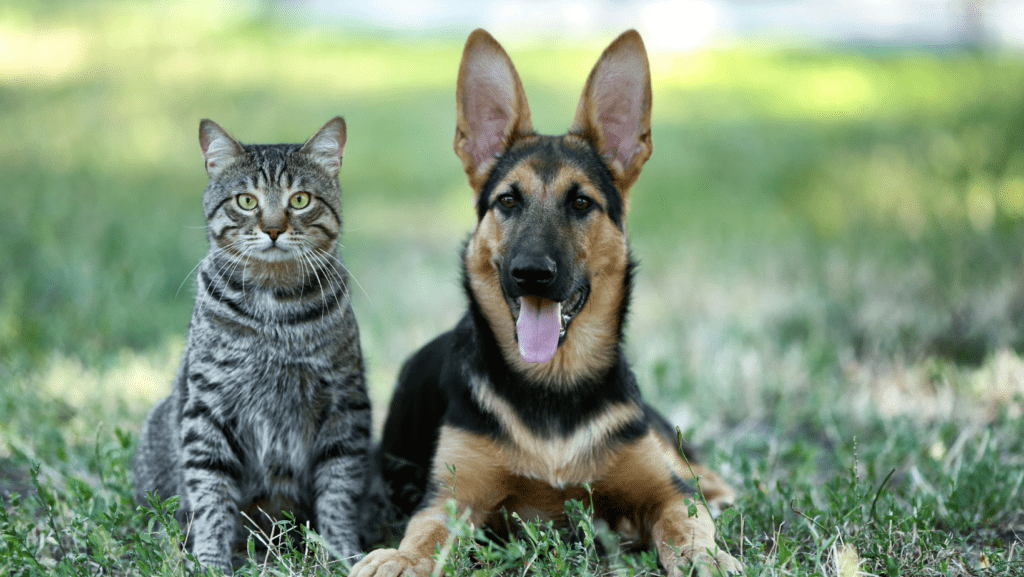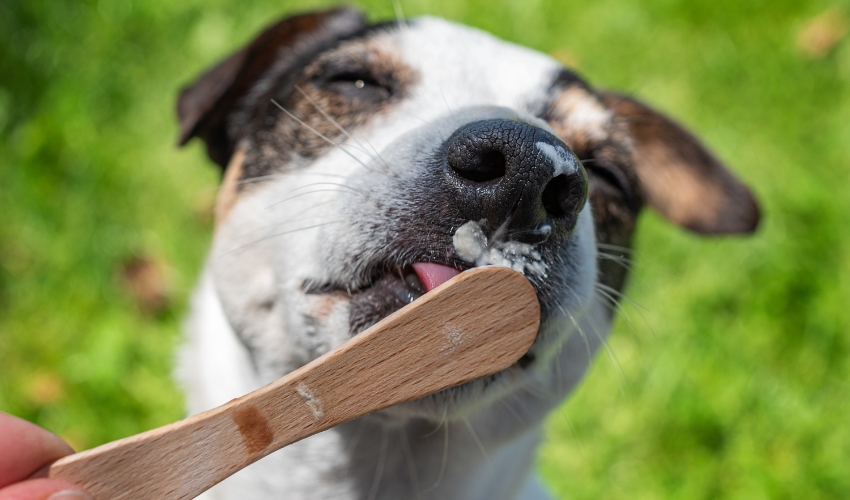Discovering that your beloved canine companion has been diagnosed with cardiomyopathy can be a distressing experience. Canine cardiomyopathy, a condition affecting the heart’s muscle, requires careful management and compassionate care to ensure your furry friend’s well-being. In this comprehensive guide, we’ll delve into what canine cardiomyopathy entails, how to recognize its symptoms, available treatment options, and practical strategies for providing heartfelt support to your canine companion throughout their journey with this condition.
Canine cardiomyopathy is a complex heart condition that can significantly impact your furry companion’s health and quality of life. In this comprehensive guide, we’ll delve into the intricacies of canine cardiomyopathy, exploring its causes, symptoms, diagnosis, treatment options, and practical strategies for providing compassionate care and support to your beloved pet.
Understanding Canine Cardiomyopathy:
Canine cardiomyopathy encompasses a group of heart diseases characterized by abnormalities in the structure and function of the heart muscle. These abnormalities can result in reduced cardiac output, irregular heart rhythms (arrhythmias), and fluid accumulation in the lungs or abdomen. While the precise causes of cardiomyopathy in dogs can vary, factors such as genetics, nutritional imbalances, and underlying health conditions may contribute to its development.
Symptoms of Canine Cardiomyopathy:
Recognizing the signs of cardiomyopathy in dogs is crucial for early detection and intervention. Common symptoms may include:
- Difficulty breathing or rapid breathing (tachypnea)
- Coughing, especially during exertion or at night
- Lethargy or decreased activity levels
- Weakness or collapse episodes
- Abdominal distension due to fluid accumulation (ascites)
- Blue-tinged gums or tongue (cyanosis)
- Loss of appetite or weight loss
Diagnosis and Treatment Options:
If you suspect your dog may have cardiomyopathy, prompt veterinary attention is essential. Your veterinarian will conduct a thorough physical examination, listen to your dog’s heart, and may recommend diagnostic tests such as X-rays, electrocardiography (ECG), or echocardiography (cardiac ultrasound) to evaluate cardiac function and assess the severity of the condition.
Treatment options for canine cardiomyopathy may include:
- Medications: Your veterinarian may prescribe medications to manage symptoms, improve heart function, and slow disease progression. Common medications may include diuretics, ACE inhibitors, beta-blockers, and pimobendan.
- Dietary Management: A heart-healthy diet tailored to your dog’s specific nutritional needs can support cardiac function and overall well-being. Your veterinarian may recommend a commercial cardiac diet or a homemade diet with appropriate levels of protein, sodium, and fat.
- Exercise Management: Depending on the severity of your dog’s condition, your veterinarian may recommend exercise restrictions to prevent overexertion and reduce the risk of complications such as arrhythmias or heart failure.
- Monitoring and Follow-Up Care: Regular veterinary check-ups and diagnostic testing are essential for monitoring your dog’s condition, adjusting treatment as needed, and addressing any new or worsening symptoms promptly.
- Lifestyle Modifications: Creating a calm, stress-free environment, providing comfortable bedding, and avoiding exposure to extreme temperatures can support your dog’s overall health and well-being.
Coping Strategies for Pet Owners:
Coping with a diagnosis of canine cardiomyopathy can be emotionally challenging for pet owners. Here are some practical strategies for providing heartfelt support to your furry companion:
- Educate Yourself: Take the time to learn about canine cardiomyopathy, its symptoms, treatment options, and prognosis. Understanding the condition can empower you to make informed decisions about your dog’s care.
- Communicate with Your Veterinarian: Establish open communication with your veterinarian and discuss your dog’s condition, treatment plan, and any concerns you may have. Your veterinarian can offer guidance and support throughout your pet’s journey.
- Focus on Quality of Life: Prioritize your dog’s comfort and well-being by providing a loving and supportive environment. Offer plenty of affection, gentle exercise, and mental stimulation to keep your dog’s spirits high.
- Seek Support: Don’t hesitate to reach out to friends, family, or support groups for emotional support during this challenging time. Sharing your feelings and experiences with others who understand can provide comfort and reassurance.
- Cherish Every Moment: Treasure the time you have with your canine companion and make the most of each day together. Celebrate the small victories, cherish the precious moments, and surround your dog with love and affection.
Coping with canine cardiomyopathy requires patience, compassion, and a heartfelt approach to care. By understanding the condition, working closely with your veterinarian, and providing your dog with the love and support they need, you can help them live their best life despite their heart disease. Remember to focus on what you can control, cherish the time you have together, and advocate for your dog’s health and well-being every step of the way. With your dedication and commitment, you can make a positive difference in your dog’s life and create lasting memories that will be cherished forever.












